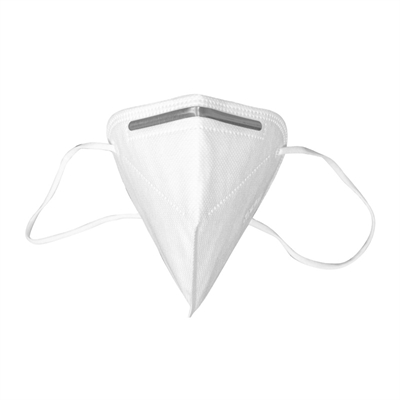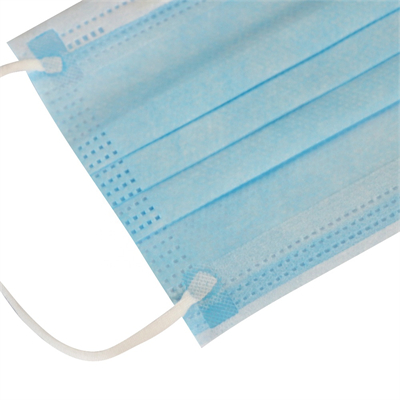Vinyl gloves are commonly used in healthcare settings, but their safety and appropriateness depend on the specific tasks and requirements. Here are some considerations regarding the use of vinyl gloves in healthcare safety:
Advantages of Vinyl Gloves in Healthcare:
- Latex Allergies: Vinyl gloves are an excellent choice when healthcare workers or patients have latex allergies or sensitivities since they are latex-free.
- Affordability: Vinyl gloves are cost-effective, making them a practical choice for healthcare facilities with budget constraints, especially for tasks that require frequent glove changes.
- Hypoallergenic: They are less likely to cause skin allergies or irritations compared to latex gloves.
- Chemical Resistance: Vinyl gloves provide reasonable resistance to many common chemicals used in healthcare settings, including cleaning agents and some medications.
Considerations for Safe Use:
- Task Suitability: Vinyl gloves are appropriate for certain healthcare tasks that do not require a high level of tactile sensitivity or protection against punctures. These tasks may include routine patient care, taking vital signs, and some cleaning duties.
- Glove Changes: Healthcare workers should change vinyl gloves regularly, especially when moving from patient to patient or handling different tasks. This helps prevent cross-contamination.
- Proper Hand Hygiene: Wearing gloves does not replace the need for proper hand hygiene. Healthcare workers should wash their hands before and after wearing gloves to maintain hygiene standards.
- Glove Integrity: Inspect gloves for any visible defects, such as tears or holes, before use. Damaged gloves should be discarded immediately.
- Size Selection: Ensure that healthcare workers are using the correct glove size to ensure a proper fit. Ill-fitting gloves can reduce dexterity and increase the risk of tearing.
- Training and Education: Provide training to healthcare workers on the appropriate use of gloves, including when and how to use them, as well as proper disposal procedures.
Limitations and Cautions:
- Reduced Tactile Sensitivity: Vinyl gloves offer less tactile sensitivity compared to latex or nitrile gloves. Therefore, they may not be suitable for tasks that require precise tactile feedback, such as surgery or invasive procedures.
- Puncture Resistance: Vinyl gloves are not as puncture-resistant as latex or nitrile gloves. Healthcare workers should exercise caution when handling sharp instruments or needles.
- Durability: While vinyl gloves are suitable for many healthcare tasks, they may not hold up well under prolonged, heavy-duty use or in situations where chemical resistance is crucial.
In summary, vinyl gloves can be a safe and cost-effective choice for specific healthcare applications, especially when latex allergies are a concern. However, their use should be matched to the appropriate tasks, and healthcare workers must follow safety protocols, including proper hand hygiene and glove changing practices, to ensure safety and hygiene in healthcare settings.






















